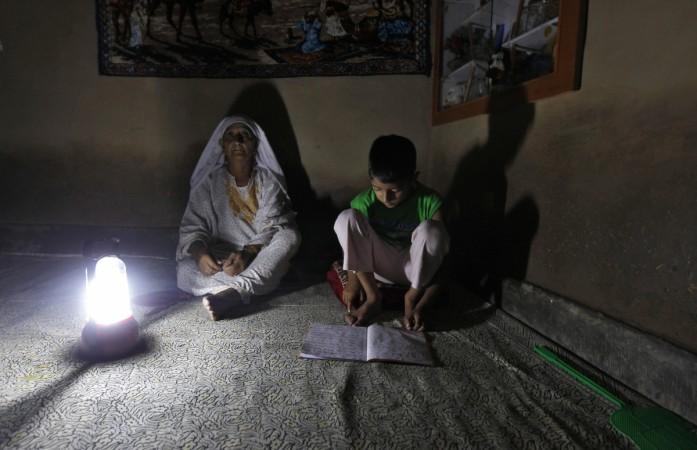
Around half of India's thermal power stations have less than a week of coal stocks, as many coal companies are running short of this black gold and are unable to meet the rising demand, according to weekly data.
India's total producing capacity on Thursday touched 9110 MW, which was much lesser than the demand. The figure has dropped 50 percent, from what was recorded at the beginning of the week, according to Power Grid data.
The shortage is due to weak monsoon that has hampered power companies' generation of electricity through Hydro Power, forcing the government to ask coal-based power stations to raise output capacity, an industry source told Reuters.
The situation is similar to mid-2012's coal shortage that resulted in blackouts affecting around 620 million people across India.
"I don't know about the possibility of a breakdown ... There is a problem, I think, with many of the coal supplies," Power and Coal Minister Piyush Goyal said on Thursday.
There was a steep decline in power output in Gujarat, after which many power companies were shut down on Wednesday, according to two state officials at the state grid operator.
The Indian Express reported on Friday that 10 out of 13 thermal plants have faced outages, which are managed by public sector firms.
According to Central Electricity Authority (CEA) too, 10 thermal plants were forced to shut down due to inadequate coal supplies as on 26 August. Thermal Stations get less coal than agreed as many PSU units have linkages from Coal India or its subsidiaries, an official from CEA told.
NTPC has earlier indicated that it will import about two-thirds more coal this fiscal year to back up the shortage.
"The state-run company's total coal requirement for the financial year ending March 2015 is estimated at 177 million metric tonnes (MMT), up from 158.57 MMT in the last fiscal year," Arup Roy Choudhury, NTPC chairman, told shareholders on Wednesday.
In northern India, Uttar Pradesh, Punjab and Rajasthan are among the worst hit states.
Threatening situation?

Many state power firms have imported less coal than required due to financial stress as they had to pay market prices for coal but were permitted to sell power only at regulated prices.
"The current coal stock situation is indeed alarming," said Viresh Oberoi, chief executive of mjunction, an online commodities trader that is a joint venture between Tata Steel and Steel Authority of India Ltd.
Supreme Court's decision on Coal blocks allocation a disaster?
Supreme Court on Monday declared all coal-block allocations since 1993 as illegal. In a second ruling on 1 September, the apex court will decide whether to penalise licence holders or scrap more than 200 coal blocks.
This decision by SC has put investments worth billions of dollars at risk.
"A clean slate will come, but with a huge cost. Legally it will be right, but practically it will be a disaster," the news agency quoted G.Chokkalingam, founder of Equinomics.
Australian bank Macquarie has estimated that scrapping all the allocations would increase India's annual import bill by $3 billion.














